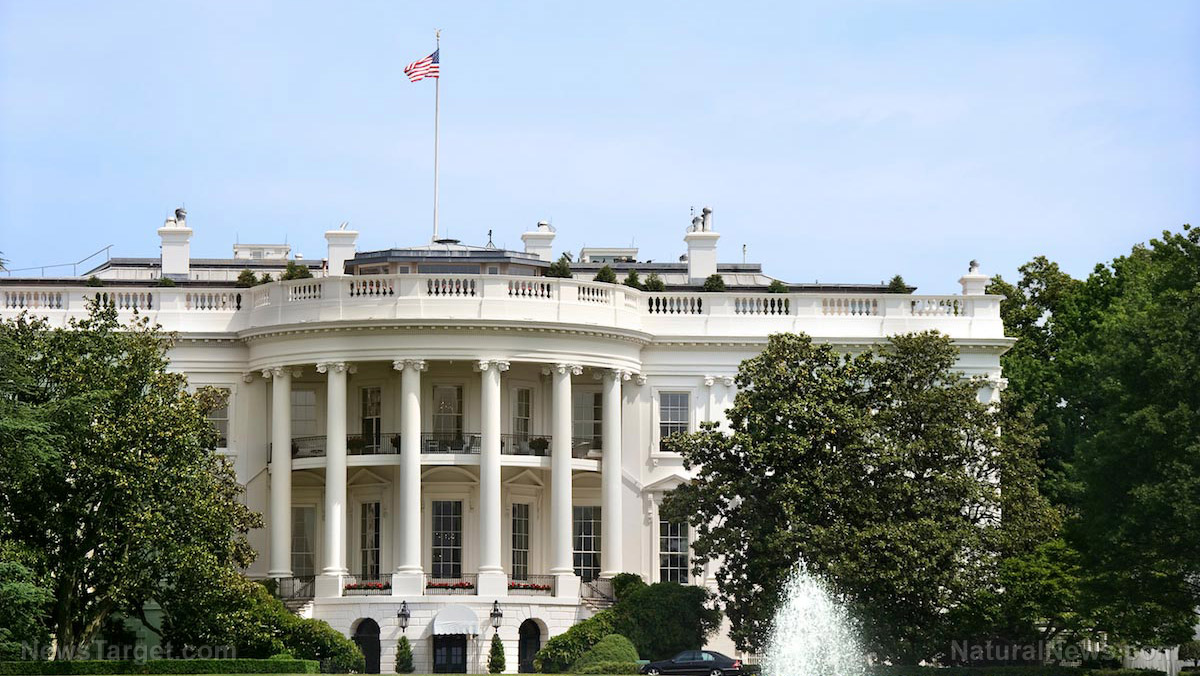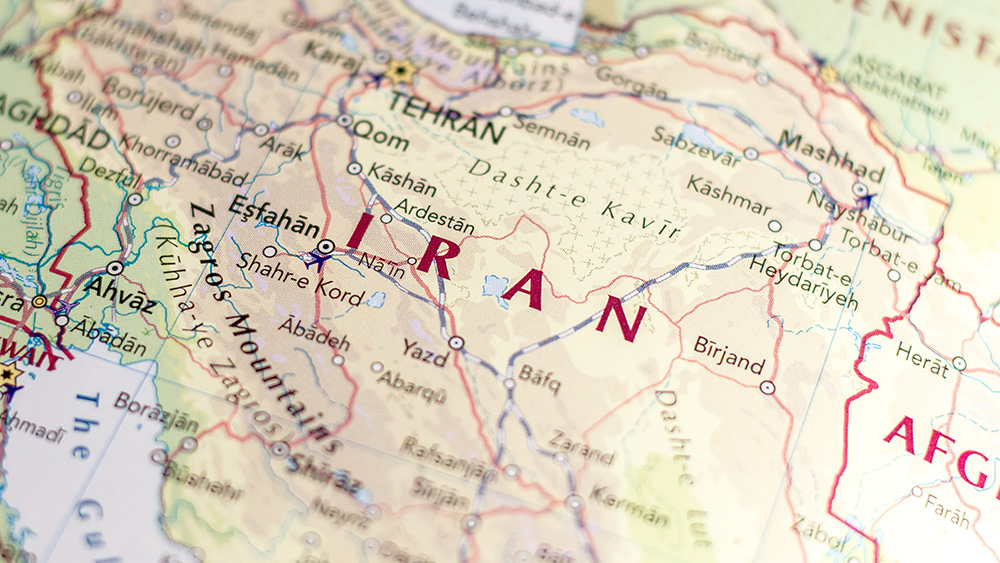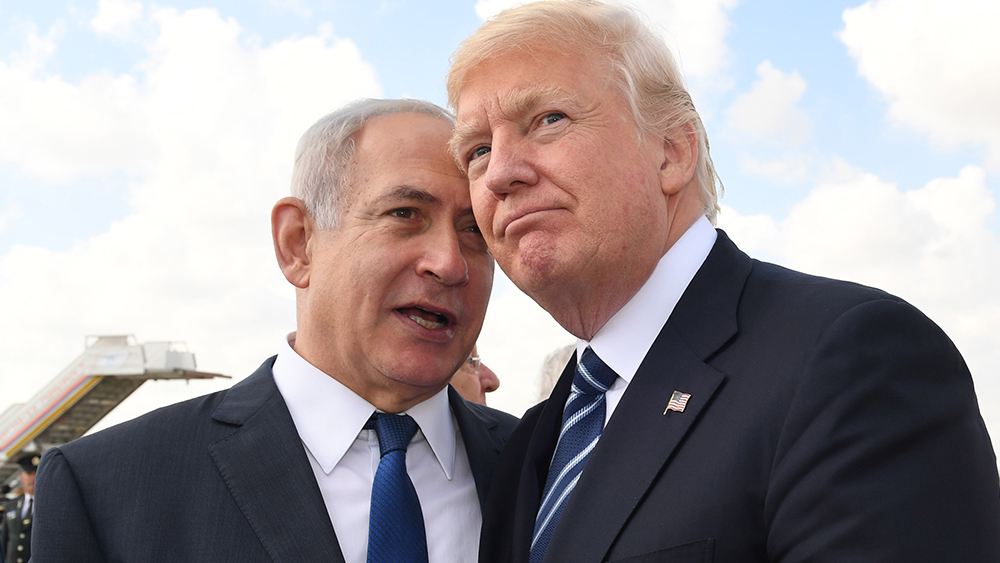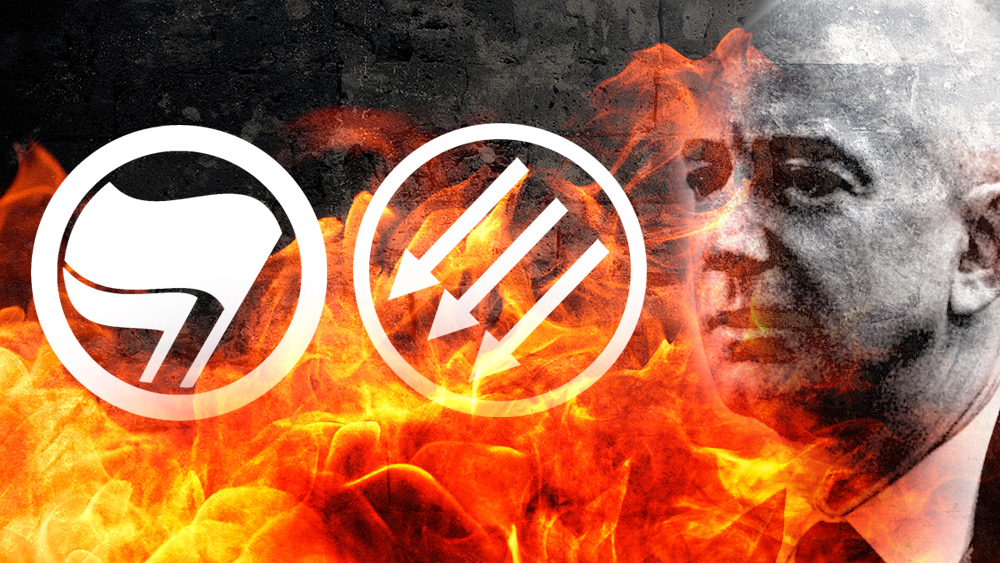 Parler
Parler Gab
Gab
- Indonesia’s Karawang EV battery plant, a 5.9 billion joint venture with Chinese giant CATL, is just one part of a 10 billion plan to dominate lithium-ion battery production — but the country lacks local lithium sources.
- The Indonesian government is offering the U.S. joint investments in “brownfield” critical mineral projects to entice Washington amid tense tariff negotiations.
- Despite holding the world’s largest nickel reserves, Indonesia must import up to 70,000 tons of lithium hydroxide annually to sustain its battery ambitions.
- President Prabowo Subianto has ordered sweeping deregulation to appease the U.S., including easing non-tariff barriers ahead of a July 9 deadline to avoid steep tariffs.
- The U.S. holds leverage as Indonesia’s top trading partner, with a $16.8 billion surplus in non-oil trade — making tariff threats a powerful negotiation tool.
The lithium dilemma: A supply chain built on borrowed time
Lithium-ion batteries require more than just nickel — and Indonesia’s inability to produce lithium domestically exposes a fatal flaw in its grand EV ambitions. The country’s nickel reserves may be vast, but without secure lithium supplies, its battery supply chain remains dangerously incomplete. This gap has left Jakarta vulnerable, forcing it to make concessions to the U.S. in exchange for tariff relief. Coordinating Economy Minister Airlangga Hartarto confirmed that American firms already operate within Indonesia’s copper sector (such as Freeport Indonesia), proving that U.S. investment in critical minerals is not unprecedented. But lithium remains the missing puzzle piece — one that Indonesia hopes Washington will help solve. The Trump administration, wary of China’s expanding influence in global battery production, may see an opportunity here. By investing in Indonesia’s nickel and copper sectors, the U.S. could counterbalance Beijing’s growing control — but only if Jakarta makes further concessions.Playing the tariff game: Indonesia’s frantic deregulation push
With the July 9 deadline looming, Indonesia is scrambling to dismantle trade barriers, relax import restrictions, and streamline regulations — all in hopes of securing a favorable deal with Washington. These moves indicate Jakarta’s desperation to avoid the kind of tariffs that could cripple key export industries, including textiles, electronics, and palm oil. Airlangga Hartarto admitted that deregulation efforts are explicitly designed to placate the U.S., stating, “[Deregulation] will be conducted in stages. There are measures we’ve already implemented, and others will depend on the outcome of the tariff negotiations.” The Trump administration’s hardline stance — threatening tariffs as high as 50% — has put Indonesia’s economic planners on high alert. If negotiations fail, the ripple effects could destabilize Southeast Asia’s largest economy, affecting everything from job markets to foreign investment. The U.S. isn’t the only player in this game. China’s dominance in Indonesia’s EV sector complicates Washington’s calculus. Should the U.S. walk away from Indonesia’s offer, Beijing will happily fill the vacuum — further consolidating its grip on global battery supply chains. Indonesia, meanwhile, is trying to play both sides. Prabowo’s government has already pledged increased imports of U.S. food and fuel while courting American investors for critical mineral projects. But with Trump’s July 9 ultimatum fast approaching, Jakarta has no choice but to bend further to Washington’s demands and offer a critical minerals deal. Sources include: Mining.com TheStar.com StraitsTimes.comThe secrets of healthful living: A deep dive into nature’s pharmacy with Joseph M. Kadans
By Kevin Hughes // Share
Iran threatens “FINAL WAR” with Israel as Gaza ceasefire talks gain momentum
By Willow Tohi // Share
By Lance D Johnson // Share
The Truman Show Collapses: Reality unveiled as global deception falters
By Finn Heartley // Share
Legislators weigh amendments to end college vaccine mandates for health science students
By Willow Tohi // Share
The Truman Show Collapses: Reality unveiled as global deception falters
By finnheartley // Share
Poll: Almost half of U.S. respondents demand reevaluation of CDC vaccine schedule
By ramontomeydw // Share
7 Natural options for bad breath
By newseditors // Share
U.K. unveils controversial calorie-cutting plan amid obesity crisis
By willowt // Share










